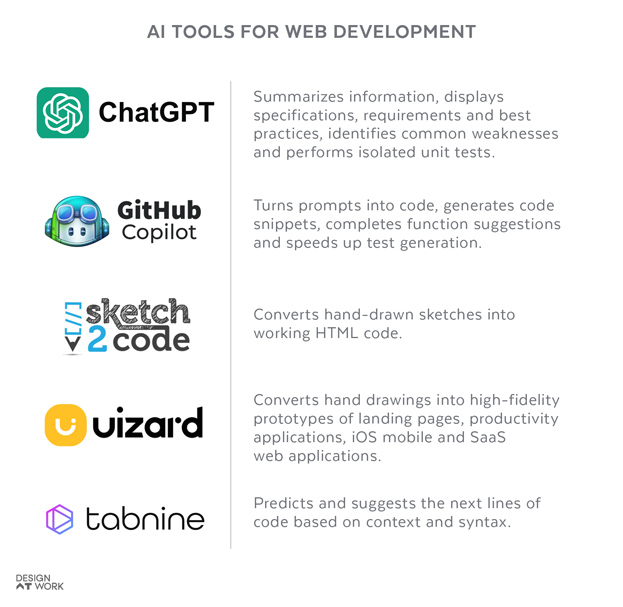Is your business preparing for a website refresh? Keep these tips in mind.

The digital landscape is constantly evolving. Most recently, we’ve witnessed the rise of AI, an increased awareness of accessibility issues and growing concerns about privacy, all of which have impacted global regulations and user expectations.
To ensure your business’ website engages, guides and provides value to customers — while staying up to date on user-friendly requirements — it’s important to stay abreast of changes in the field. Here, we explore some essential best practices for website development in 2023.
1. But First, Mobile.
Per Google’s mobile-first indexing, the mobile version of your website is now considered the primary version,1 which makes designing a mobile-friendly friendly interface an absolute must. Use responsive design to ensure your site looks good and performs well on all devices, including tablets and smartphones.
2. Optimize Performance and Speed.
In today’s fast-paced digital world, users expect websites to load within two to three seconds. Any delay, and they’re likely to bounce. That’s why it’s crucial to optimize your website for speed. This includes minimizing HTTP requests, enabling browser caching, optimizing images and minifying CSS, JavaScript, and HTML.
3. Prioritize the User Experience.
A good website doesn’t just look beautiful; it provides a smooth, intuitive user experience. This involves clear navigation, easy-to-use menus, sensible page hierarchy and interactive elements that provide feedback. The more user-friendly your website is, the more likely users are to stay and engage with your content.
4. Get Personal with Artificial Intelligence (AI) Tools.
The integration of AI and personalization in web development is no longer a novelty; it’s a necessity. AI can be used for chatbots, automated customer service, personalized recommendations and ongoing content creation. The more personalized and interactive the user experience, the more engaged your visitors will be.
In addition to personalization features, AI can be used for the development process itself, optimizing tasks such as programming, wireframing, prototyping and quality assurance.

5. Don’t Forget Search Engine Optimization.
Good website development is inherently search engine-friendly. This includes fast load times, mobile-first design, proper use of header tags, appropriate meta descriptions and a well-structured URL. An optimized website will help you rank higher in search engine results, thereby driving more organic traffic to your pages.
6. Maximize Web Accessibility.
Ensuring that everyone, regardless of ability, can access your website is more critical than ever. When developing with accessibility in mind, consider color contrast, font size, keyboard navigation, alt text for images and transcripts for audio and video content.
7. Take Precautions to Keep Your Site Secure.
With the rise of cyber threats, website security is a top priority. Make sure your website is secure by regularly updating your software, using HTTPS, limiting file uploads and employing security measures like a web application firewall.
8. Use Progressive Web Apps (PWAs).
PWAs offer an app-like experience on the browser, combining the best of both web and mobile apps. They’re reliable, fast and engaging. Embrace PWAs to enhance user experience, drive engagement and increase conversions.
9. Sprinkle in Micro-Interactions.
Micro-interactions are small, subtle animations or design elements that guide a user or give feedback on their actions. These can include button animations, scroll animations and hover effects. They can significantly enhance the overall experience and increase the amount of time users spend on your site.
10. Perform Regular Updates and Maintenance.
Once your website is up and running, make sure to perform regular updates and maintenance to ensure your pages remain relevant and function correctly. Keep all plugins, themes and your content management system up-to-date and run audits periodically to test for functionality, speed and errors.
Does your website need an upgrade, or are you looking to start fresh with a completely new site? Reach out! We can help you implement best practices to encourage traffic and engagement on your website.
Marketing Emails You’ll Actually Want To Read.
Get marketing tips and news sent to your inbox.


